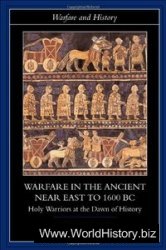Studying the relationship between the choices made by rational agents in political regimes (especially democracy) and the organization of useful knowledge is a relatively recent development within the fields of social epistemology and political science. This chapter is a condensation of a book in progress on the subject of how Greek writers approached the question. See, meanwhile, Ober 2008.
The emerging field of social epistemology explores the relationship between forms of knowledge, judgment, and social contexts, without resorting to the strong postmodern conclusion that knowledge is simply a function of social relations. Fundamental work in the area includes Searle 1995 and Goldman 1999. For an introduction to rational choice theory as it is employed by political scientists, see Elster 1986, updated in Elster 2007; the field is surveyed in detail in Mueller 2003. For uses of choice theory to explain aspects of ancient Greek democracy, see, for example, Schwartzberg 2007 and Kaiser 2007.
Choice theorists are often pessimistic about the potential of participatory democracy. Hardin 2002 is a succinct statement of the problems. Mackie 2003 has, however, argued that democracies operating in the real world are less vulnerable to public choice than choice theorists have claimed. The problems associated with preference aggregation are in any event less pressing when we reconceive democracy as a method of aggregating, coordinating and codifying useful knowledge. J. S. Mill in the mid-nineteenth century and John Dewey in the mid-twentieth century helped to define the relationship between democracy and knowledge. Urbinati 2002 demonstrates that Mill turned to Athenian practice when developing his theory of democracy as a form of active civic education that would, over time, increase the ‘‘intelligence’’ of society.
E. Anderson 2006 develops Dewey’s concept of democratic experimentalism with reference to
F. A. Hayek’s mid-twentieth century work on the social uses of knowledge.




 World History
World History









